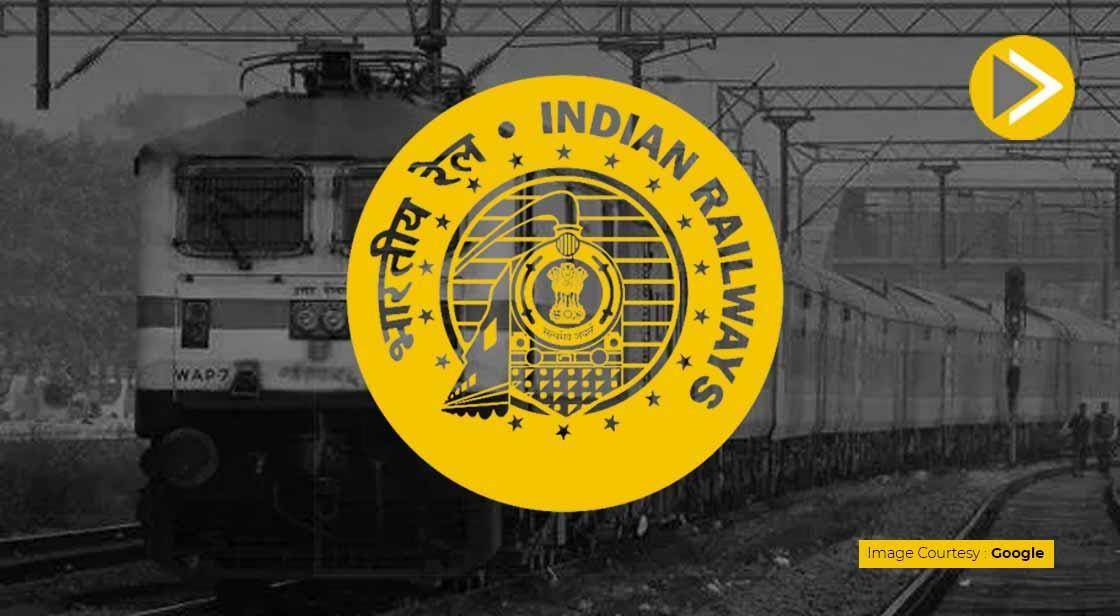Indian Railways Implements Indigenous 'Kavach' ATP System on Busy Routes - Know status, cost and Benefits

News Synopsis
Progress in Kavach Implementation on Busy Routes
Indian Railways is making significant strides in enhancing train safety through the implementation of the indigenously developed 'Kavach' Automatic Train Protection (ATP) system. Tenders have been awarded for two of the busiest routes in the country, namely the Delhi-Mumbai and Delhi-Howrah corridors.
Presently, the work is in progress on both routes, with a Detailed Project Report (DPR) being prepared. Additionally, plans are underway for implementing Kavach on an additional 6000 route kilometers.
Successful Installation of Kavach on South Central Railway Zone
The successful implementation of Kavach is already evident on the South Central Railway (SCR) zone. The system has been installed on 1465 route kilometers and 121 locomotives, including Electric Multiple Unit rakes. This achievement showcases the potential of Kavach in enhancing train safety and lays the foundation for its expansion to other zones.
Here is the status of Kavach implementation on these two routes:
-
Delhi–Mumbai: The work is in progress on 1384 route kms of the Delhi–Mumbai corridor.
-
Delhi–Howrah: The work is in progress on 1447 route kms of the Delhi–Howrah corridor.
Cost and Investment for Kavach Implementation
The national transporter, Indian Railways, has dedicated substantial financial resources to implement the Kavach ATP system. The total expenditure incurred so far amounts to Rs 351.91 crores.
The cost for the provision of Trackside equipment, including Station equipment for Kavach, is approximately Rs 50 lakhs per kilometer. Additionally, equipping each locomotive with Kavach equipment costs around Rs 70 lakh per loco.
Understanding the Significance of Kavach ATP System
'Kavach' is an indigenous Automatic Train Protection (ATP) system that plays a vital role in enhancing train safety and preventing potential accidents. It was developed by the Railway Board to ensure better control over train speed, especially within specified limits, by automatically applying brakes when the Loco Pilot fails to do so. Additionally, Kavach helps trains operate safely even during adverse weather conditions, contributing to a safer railway ecosystem.
First Field Trials and Adoption as National ATP System
The development of Kavach began with the first field trials conducted in February 2016 on a passenger train. Based on the valuable experience gained from these trials and an Independent Safety Assessment conducted by a third party, three Indian OEMs were approved in 2018-19 for supplying Kavach. Subsequently, Kavach was adopted as the National ATP system in July 2020, solidifying its importance in ensuring railway safety.
Expanding Vendors for Wider Implementation
To further strengthen the Kavach ATP system's implementation, Indian Railways is actively working on expanding its vendor base. Currently, three Indian OEMs have been approved for Kavach implementation, and efforts are ongoing to develop more vendors. This will enable increased capacity for implementing the Kavach system on various railway routes, thereby enhancing safety standards.
Benefits of Kavach:
-
Improved safety: Kavach helps prevent potential accidents by automatically applying brakes in case the loco pilot fails to do so.
-
Better control over train speed: Kavach helps ensure that trains run within specified speed limits, which can help reduce accidents caused by overspeeding.
-
Safer operation during inclement weather: Kavach can help trains safely run during inclement weather, such as fog or heavy rain, when visibility is reduced.
Kavach is a major step forward in the safety of Indian Railways. It is a technology-intensive system that requires safety certification of the highest order. The railways is committed to implementing Kavach on all major routes in the country to make train travel safer for passengers and crew.
Conclusion
Indian Railways' commitment to enhancing train safety through the indigenous 'Kavach' ATP system is commendable. With work underway on busy routes like Delhi-Mumbai and Delhi-Howrah, the successful implementation of Kavach on the South Central Railway zone demonstrates its potential to revolutionize railway safety.
As investments continue and more vendors join the effort, Kavach is poised to play a pivotal role in ensuring safer train operations across the country.
You May Like









